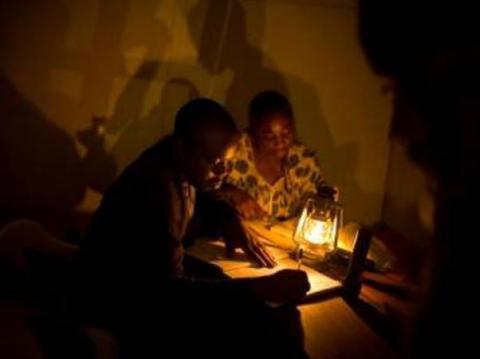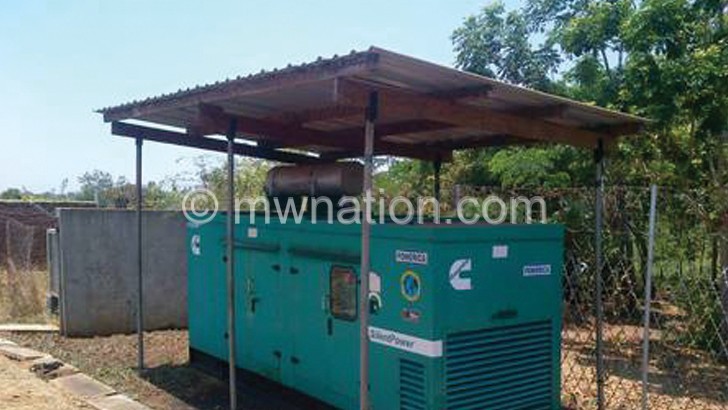
Business operators say they continue to lose revenue and incurring huge operating costs due to continued power outages.
In an interview, a small-scale entrepreneur based in Limbe, Brian Wasili, said his tech business has taken a knock as he is out of business most of the times.

He said he cannot afford a diesel-powered generator and closes the shop whenever there is power outage.
“On a good day, I make up to K5 000 burning compact discs, formatting cellphones and flash disks and charging phones.
“But now it is difficult to rake in K3 000. My fear is that come month end, I may not be able to settle my debts due to limited funds,” said Wasili.

Chamber for Small and Medium Enterprises (CSME) executive secretary James Chiutsi said 90 percent of small and medium enterprises (SMEs) rely on electricity; hence, economic losses are not avoidable.
He said: “SMEs in manufacturing and others are registering losses once power goes off. We hoped for a small-scale industrial revolution, but intermittent blackouts are certainly hampering our efforts.”
Following the outages of Kapichira Hydro Power Station’s units one and two, which experienced an emergency outage, the country has been facing extended load-shedding lasting up to six hours.
On October 2, Electricity Generation Company (Egenco) issued a statement indicating that the two units, with a capacity of 64.8 megawatts (MW), would be available by October 12 and that generation would normalise.
Egenco spokesperson Moses Gwaza in an earlier interview said the country is now generating only 200MW.
Malawi Confederation of Chambers of Commerce and Industry (MCCCI) said electricity has continued to be one of the most problematic factors for doing business.
MCCCI head of real sector and economic policy Hope Chavula said the electricity outages continue to increase the cost of doing business in the country, but coming up with solutions could help save businesses.
He said by using generators to offset power outages, businesses are incurring unnecessary cost.
Source: The Nation_October 30, 2019_by Grace Phiri -Staff Writer
